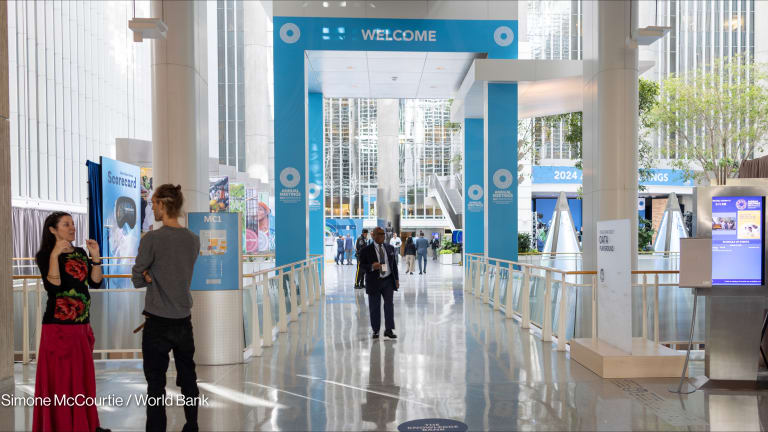While U.N. Development Program administrator Helen Clark is confident that the upcoming COP21 United Nations Climate Change Conference will be a success, much will depend on the level of financial and political ambition on show in Paris in December.
This, Clark said, was because the cost of dealing with climate change is set to rise exponentially and because much needs to be done to secure the necessary financial clout to effect sustainable change.
Clark also gave a stark warning: “We are not yet there with the intended nationally determined contributions that are required.” These, together with a formal agreement, would represent the first, crucial steps. But looking beyond COP21, an even more crucial issue will be to actually “help countries actually put the INDCs into action.”








